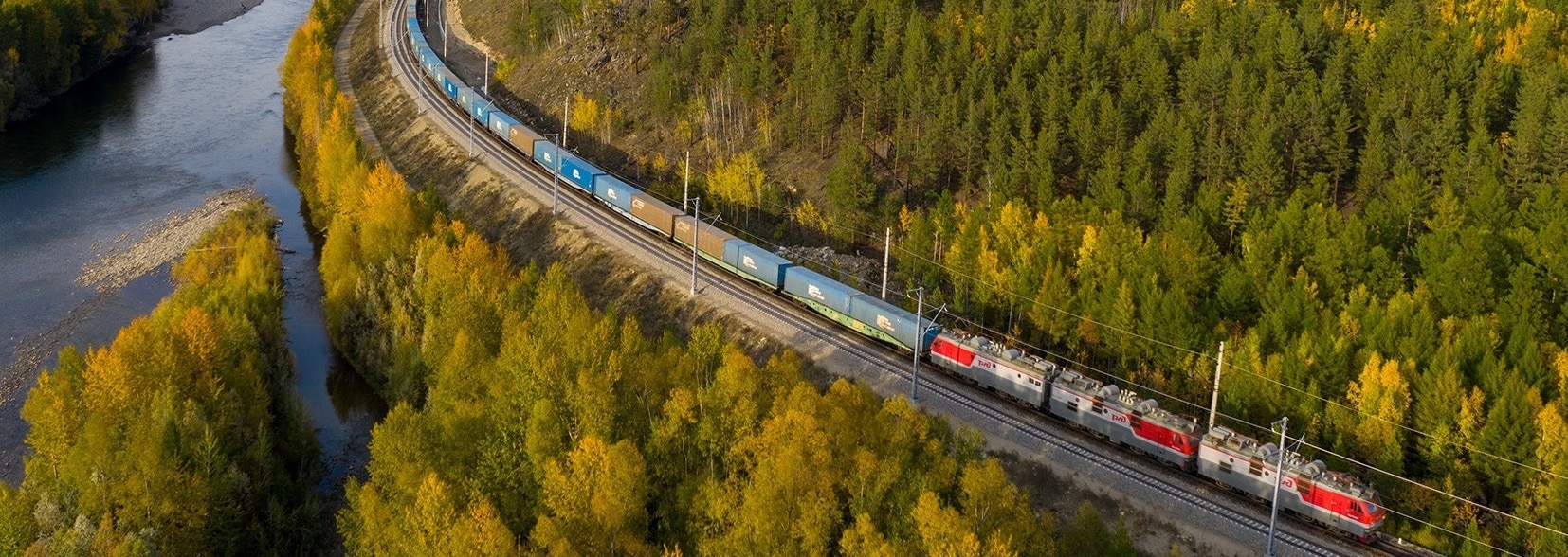Russian Railways’ Long-Term Development Programme until 2025
Russian Railways’ Long-Term Development Programme until 2025 (the “Programme”) has been approved by the Russian GovernmentOrder No. 466-r dated 19 March 2019. and Russian Railways’ Board of DirectorsMinutes No. 14 dated 8 April 2019.

It was developed in line with the Russian President’s Decree No. 204 On National Goals and Strategic Objectives of the Russian Federation through 2024 dated 7 May 2018 (in terms of Russia’s goal to enter the Top 5 of the world’s largest economies). The Programme also aims to contribute to achieving the goals set forth in the Comprehensive Plan for Upgrading and Expanding Core Infrastructure until 2024, the action plan to expedite capital investment growth and increase its share to 25% of the GDP, the Transport Strategy of the Russian Federation until 2030, Russia’s Railway Transport Development Strategy until 2030, Russia’s Innovative Development Strategy until 2020 and the Russian Railways Group’s 2030 Development Strategy. The Company’s Development Strategy and Long-Term Development Programme are aligned through a list of Group-wide key performance indicators (KPIs).
In order to achieve the goals set by the Russian President the Programme provides for:
- an increase in the carrying capacity of the Baikal-Amur and Trans-Siberian main lines to 180 mt by 2024;
- an increase in the carrying capacity of the approaches to the ports of the Azov and Black Seas;
- a throughput increase to ensure a four-fold growth of transit container transportation;
- a reduction of container travel times (in particular, to 7 days for containers transported from Russia’s Far East to its western border).
The design and deployment of large infrastructure projects are closely aligned with Russia’s Spatial Development Strategy, helping to create the transportation backbone for the national economy. To this end, the Company will need to focus extensively on and stay one step ahead in upgrading, expanding and improving railway infrastructure, enhancing the quality of rail freight transportation and its efficiency for shippers, bringing passenger experience to a whole new level, expanding and fine-tuning the range of passenger services, and ensuring greater safety of transportation. The Russian industry will have the infrastructure capabilities to boost output, meeting the demand for transportation services from shippers and passengers and ensuring the growth of the national economy.
The Programme’s key performance indicators reflect the main targets included in the Programme with due account of the Russian Government’s directives and a part of the incentive system for the Company’s executive management. The KPIs are subject to change if the key goals and assumptions (including the industry regulations) underlying the Programme are reviewed.